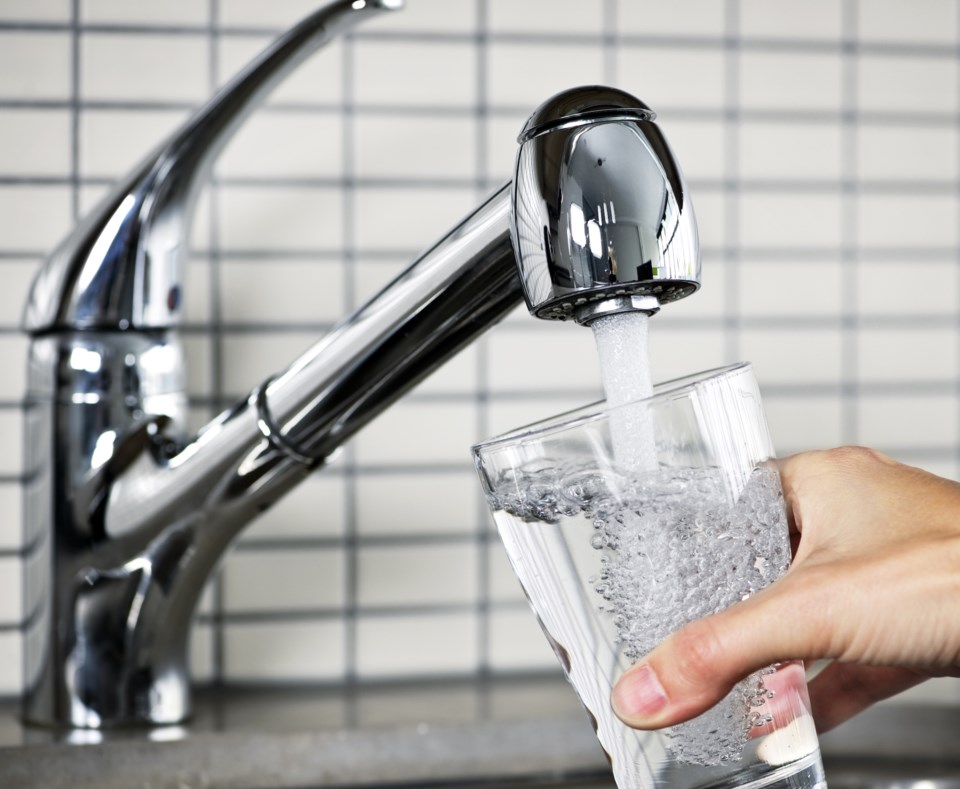Canada is often seen as a country blessed with an abundance of fresh water and pristine wilderness. Yet, this image hides a troubling reality: access to safe drinking water is not a guarantee for all Canadians.
Many Indigenous communities, rural areas, and even some urban centres struggle with water quality issues. From long-standing boil water advisories in Indigenous communities to contamination in rural wells, these problems highlight an urgent need for stronger and more comprehensive drinking water regulations in Canada.
According to the Government of Canada website, despite years of work, there are still 32 long-standing drinking water advisories in 30 First Nations communities. Many of these communities must rely on bottled water for day-to-day needs. Is this acceptable in a country as wealthy as Canada?
And we should not forget our rural communities. Many across the country have faced water contamination issues due to agricultural runoff, industrial pollution, mine tailings, or failing infrastructure.
Water Today (an online newspaper about water in three countries) states there are roughly 1,000 drinking water advisories in effect daily across Canada. Most of these are Boil Water Advisories (BWA) from public health authorities warning that tap water is unsafe to drink. On average, half of the drinking water advisories are for cities and towns, the other half is for Small Drinking Water Systems found in places such as nursing homes, provincial parks, schools, restaurants, and summer camps. Unfortunately, we cannot consider these numbers completely accurate as they are composed only of published drinking water advisories.
Some provinces do not publish water advisories in Small Drinking Water Systems (Ontario, Alberta, New Brunswick, Newfoundland). Other provinces do not report precautionary advisories caused by water main breaks or maintenance work (Québec). Some provincial governments do not publish boil-water advisories at all (Ontario, Nunavut, PEI, Yukon).
In other words, there is no attempt to make information available beyond local groups. Without national reporting how can we track trends in Canada’s water quality?
Remember Walkerton, Ontario, where E. coli contamination in 2000 led to seven deaths and over 2000 illnesses. This tragic reminder was caused by weak water regulations and poor oversight. But despite Walkerton, we still don’t have a strong national water policy to protect our families.
Part of the problem lies in Canada's fragmented approach to water regulation. Canada is one of only two countries in the world that does not have national regulations. Instead, the responsibility is divided among provincial, municipal, and territorial governments, with the federal government overseeing drinking water on Indigenous reserves in certain federal lands. And we have guidelines—not enforceable regulations. This patchwork system leaves great gaps in the protection of our drinking water.
For example, provinces like British Columbia and Ontario have relatively strong water regulations, regularly monitoring for contaminants like lead, arsenic, and bacteria. Meanwhile other provinces particularly those with smaller populations, may lack the resources or political will to enforce water quality standards. This inconsistency results in unequal levels of water safety for Canadians depending on where they live.
How would you feel about driving on a highway where the speed limit was just a guideline and was not enforced?
We need a national water regulation framework to ensure all Canadians regardless of their location have access to safe, clean drinking water.
Other countries have strong drinking water regulations. The United States, for example, has the Safe Drinking Water Act, which sets federal regulations for water quality across the country. And the European Union has its Drinking Water Directive, which mandates regular water quality assessments and requires public authorities to inform citizens about their water quality. These regulations have led to consistently high standards of drinking water across Europe.
According to a report by the David Suzuki Foundation, Canada’s continued reliance on voluntary national guidelines puts us behind the U.S. and the E.U. and at odds with the recommendations of the World Health Organization.
Water is a basic human right, and Canada’s failure to provide safe drinking water to all its citizens is a national disgrace.
So where can we go from here?
Susan Blacklin, the author of Water Confidential, Witnessing Justice Denied, along with environmental groups, concerned citizens, activists, and representatives of First Nations, has started a petition following the federal government’s petition process. CFUW-Georgetown (formerly known as the Canadian Federation of University Women) has been working with them.
The petition requests national standards for drinking water regulations that meet or exceed the World Health Organization’s standards.
If it receives 500 signatures by December 7, the petition must be discussed in the House of Commons and a response issued.
Anyone interested in signing should visit cfuw-georgetown.ca/petition.


